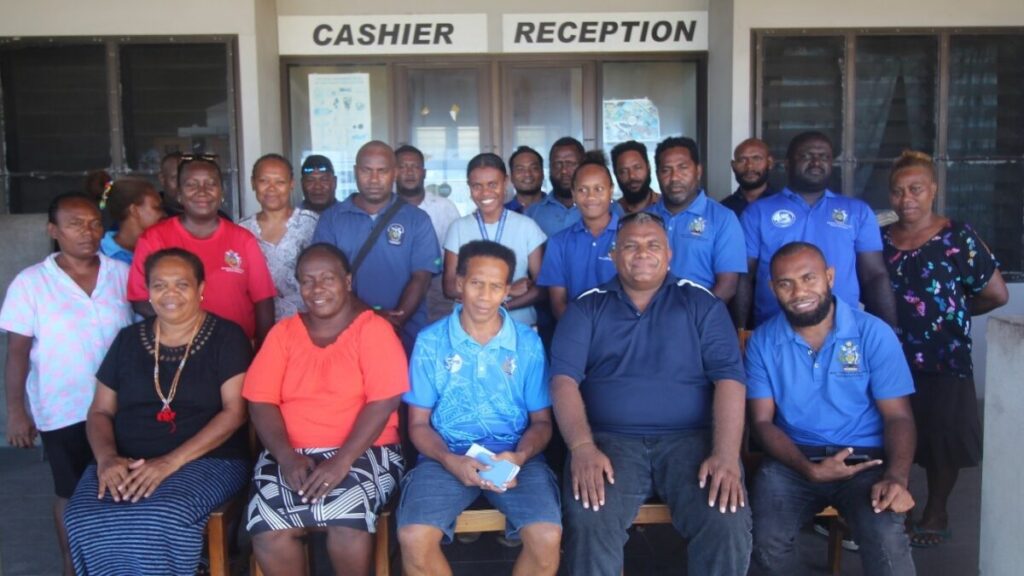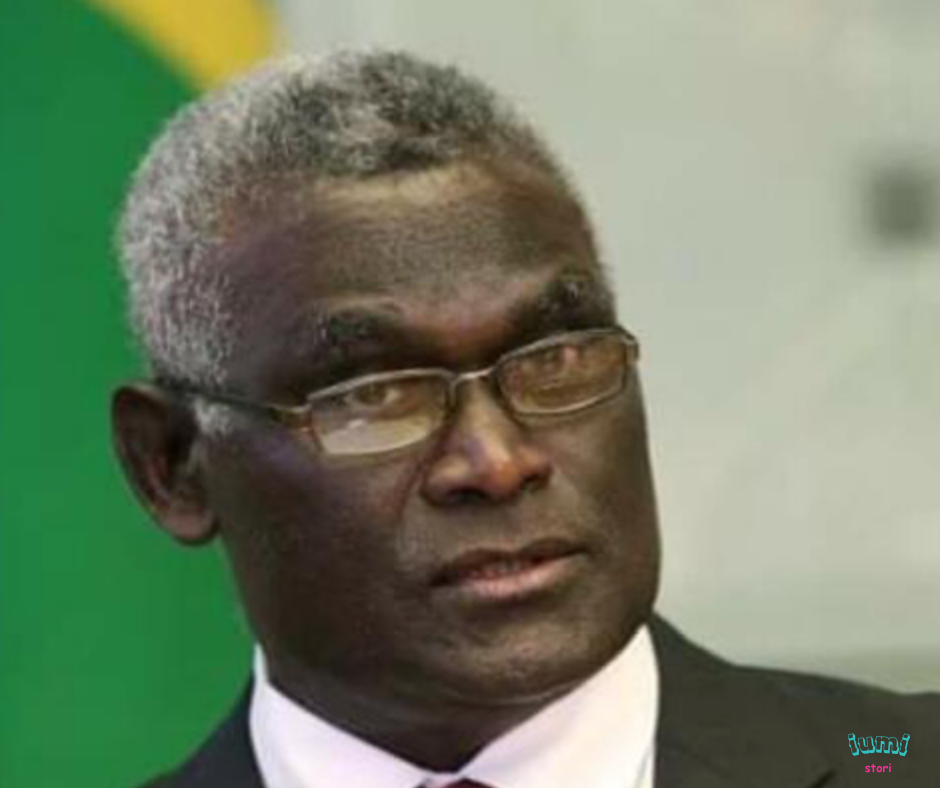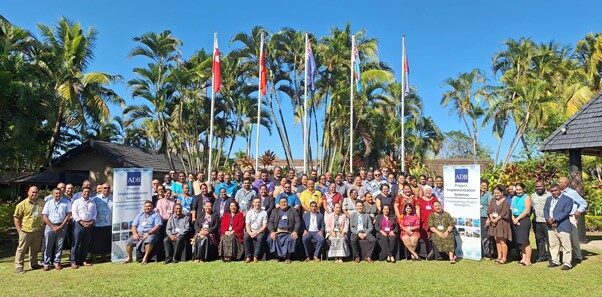The Ministry of Fisheries and Marine Resources (MFMR), in collaboration with the National Rehabilitation and Disability Division of the Ministry of Health and Medical Services (MHMS), and with support from the World Health Organization (WHO), hosted a Disability Inclusion Awareness Session on Monday, 18 November 2024.
The session aimed to raise awareness about the Solomon Islands National Disability Inclusive Development Policy 2023–2031 and the Convention on the Rights of Persons with Disabilities (CRPD). It offered insights into disability, highlighting that it goes beyond impairments to encompass attitudinal, institutional, environmental, and communication barriers, as explained by Disability Program Coordinator, Mr. Elwin Taloimatakwa.
Mr. Taloimatakwa emphasized that the crosscutting nature of disability issues means that the Solomon Islands Disability Inclusive Development Policy is not a stand-alone document. Its successful implementation requires complementary policies across all sectors. Hosting this awareness session at MFMR is part of sensitizing ministries to disability inclusion and identifying ways to mainstream it into frameworks, programs, and projects for the benefit of communities.
Director of the National Rehabilitation and Disability Division, Mrs. Elsie Taloafiri, highlighted the paradigm shift in addressing disability, emphasizing that the policy is grounded in the social model of disability and the human rights-based approach. She explained that creating an enabling environment ensures the active participation and rights protection of persons with disabilities in national development.
This was the first awareness session of its kind for MFMR, providing officers with a broader perspective on disability inclusion. Human Resource Manager (HRM), Mr. Hubert Gua, found the presentation engaging and recognized the importance of disability inclusion in the ministry’s projects and programs. Reflecting on the “human cycle” concept presented during the session, Mr. Gua noted that anyone can acquire a disability, and as people age, they are likely to experience impairments. He underscored the need for proactive planning and inclusive practices.
Key topics raised by participants included:
Domestication of CRPD and stakeholder mapping.
Data collection and its importance for disability inclusion.
Mental health challenges and their impact in workplaces and communities.
Infrastructure accessibility, including transportation and emergency routes.
Occupational health and safety at work.
Stress management and inclusive service delivery.
Accessible workspaces and guidelines.
Recognizing the abilities and potential of persons with disabilities.
Addressing economic challenges for persons with disabilities.
Assistant Secretary for Policy and Planning, Ms. Ronnell Panda, shared updates on MFMR’s ongoing review of its Gender Equality, Disability, and Social Inclusion (GEDSI) Strategy. The strategy is being revised to include disability considerations, following earlier consultations and a workshop organized in collaboration with World Fish, MFMR, and disability stakeholders.
In closing, HRM Mr. Gua, on behalf of MFMR, expressed appreciation for the valuable presentations and discussions during the session. In response, Mrs. Taloafiri thanked the Permanent Secretary, Deputy Secretary Corporate, HR Manager, IT team, and officers for organizing and hosting the session. She commended the active participation of the ministry’s officers and encouraged them to take responsibility for promoting disability inclusion within the ministry and the broader community.
End///
-MHMS



